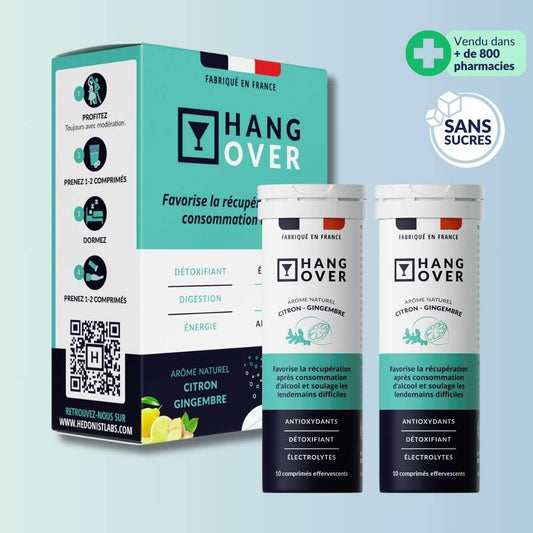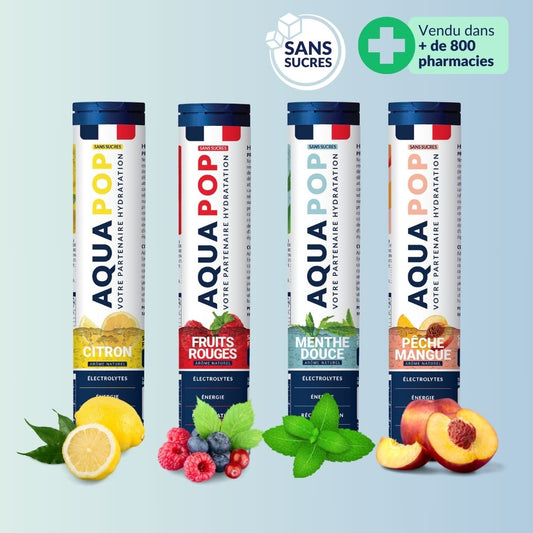Olympic athletes are among the best in the world, and their success isn't based solely on hours of intensive training. Their diet also plays a crucial role in their performance. Well thought-out and rigorously followed nutrition enables them to maximize their energy, endurance and recovery, giving them a decisive advantage. This article explores the specific nutritional needs of Olympic athletes, the balance of their macronutrients and micronutrients, and the challenges they face.
Specific Nutritional Requirements
The nutritional needs of Olympic athletes are unique due to the intensity of their training and the extreme demands their performance places on their bodies.
- Energy: Olympic athletes need plenty of calories to sustain their intense physical activity. A caloric deficit can quickly affect their performance.
- Protein: Crucial for repairing and building muscle after training. Chicken, fish, eggs and legumes are ideal sources.
- Carbohydrates: Complex carbohydrates, such as wholemeal pasta, brown rice, and fruit, provide the energy needed for long training sessions.
- Fats: Healthy fats, such as those from avocados, nuts, and olive oil, offer long-lasting energy and help with vitamin absorption.
Macronutrient and micronutrient balance
Macronutrient balance is essential for Olympic athletes. Every gram counts:
- Protein: Athletes consume between 1.6 and 2.2 grams of protein per kilogram of body weight per day.
- Carbohydrates: They take 2 to 3 grams of carbohydrates per kilogram of body weight per day to maintain their energy.
- Lipids: They include 0.5 to 1 gram of lipids per kilogram of body weight per day, with a preference for healthy fats.
When it comes to micronutrients, balance is just as crucial:
- Vitamin C For cell health and recovery.
- Vitamin D Essential for bone health and injury prevention.
- Iron Necessary for red blood cell production and prevention of anemia.
- Magnesium Important for muscle contraction and relaxation.
Discipline-specific adaptations
Athletes' nutritional needs also vary according to their sport:
- Marathon runners They prefer complex carbohydrates for sustained energy.
- Weightlifters They focus on high protein intake to maximize muscle strength.
- Swimmers Swimmers: They need a balanced mix of carbohydrates and proteins throughout the day.
Nutritional Challenges and Innovations
Olympic athletes face major nutritional challenges. One of the biggest obstacles is maintaining a balanced diet that supports both performance and long-term health. Inadequate nutrition, whether deficiencies or excesses of certain nutrients, can lead to health problems and jeopardize their careers.
Fortunatelyadvances in sports nutrition are providing promising solutions. Today, diets can be adjusted thanks to genetic and microbiome analysis, enabling tailor-made food plans that maximize performance and promote recovery. What's more, nutritional supplements are now specially designed to meet the precise needs of athletes, helping them to stay energized and recover faster.
Conclusion: More than just a meal
An Olympian's diet is much more than just a matter of calories and nutrients. Every aspect of their nutrition is meticulously planned to maximize performance, support recovery, and enable these athletes to push the limits of what's possible. It's a reminder that nutrition plays a crucial role not only in our physical performance, but also in our overall well-being.




